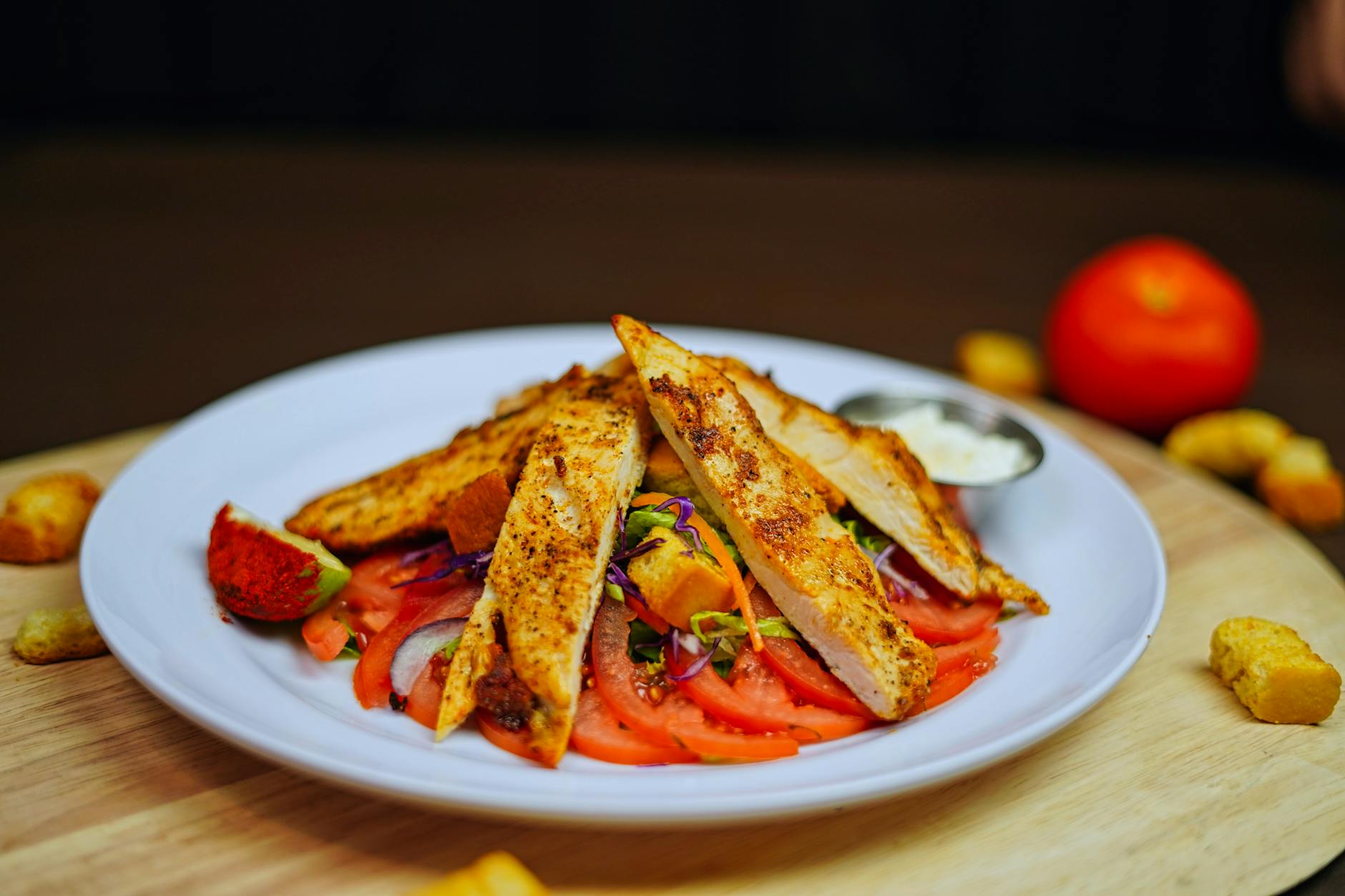
Mastering Nutrition: A Beginner's Guide to Eating for Fitness Success
Feeling a bit lost when it comes to eating right for your fitness goals? You're not alone. Understanding how to fuel your body can seem overwhelming, but it doesn't have to be. This guide is here to break down the essentials of mastering nutrition for beginners and intermediate fitness enthusiasts, helping you feel energized and see real progress.Table of Contents
- Why Nutrition Truly Matters for Your Fitness Journey
- Fueling Your Body: The Building Blocks of Good Nutrition
- Understanding Macronutrients: Your Simple Guide
- Micronutrients and Hydration: The Often-Overlooked Heroes
- Practical Nutrition Tips You Can Use Today
- Meal Prep Made Easy: Saving Time and Staying on Track
- Listen to Your Body: Tuning Into Your Nutritional Needs
- Frequently Asked Questions about Beginner Nutrition
Why Nutrition Truly Matters for Your Fitness Journey
Think of your body like a car. If you put low-quality fuel in, it's not going to perform its best, right? The same applies to your health and fitness. What you eat directly impacts your energy levels, recovery, and overall results from your workouts. It's not just about hitting the gym; it's about what happens outside of it too. Proper nutrition supports muscle repair, boosts your metabolism, and can even help prevent injuries. It's the foundational piece that amplifies all your hard work.Fueling Your Body: The Building Blocks of Good Nutrition
When we talk about fueling your body, we're talking about providing it with the essential nutrients it needs to function optimally. This means consuming a balanced diet rich in whole, unprocessed foods. You want to focus on foods that deliver sustained energy and support your body's functions, rather than quick fixes that lead to energy crashes. This is where understanding the types of nutrients becomes important.Understanding Macronutrients: Your Simple Guide
Macronutrients, or "macros," are the nutrients your body needs in large amounts. These are carbohydrates, proteins, and fats. Each plays a crucial role in your fitness. Carbohydrates are your body's primary source of energy. Think whole grains, fruits, and vegetables. They provide the fuel you need for your workouts and daily activities. Don't shy away from them; choose smart sources! Proteins are vital for building and repairing tissues, including your muscles. After a workout, your muscles need protein to recover and grow stronger. Lean meats, fish, eggs, legumes, and tofu are excellent choices. Fats are essential for hormone production, nutrient absorption, and providing long-lasting energy. Focus on healthy fats found in avocados, nuts, seeds, and olive oil. They are not the enemy!Micronutrients and Hydration: The Often-Overlooked Heroes
Beyond the big three macros, we have micronutrients: vitamins and minerals. These are needed in smaller quantities but are incredibly important for countless bodily processes. Fruits and vegetables are packed with a rainbow of vitamins and minerals. Aim for a variety of colors in your diet to ensure you're getting a wide spectrum of these essential nutrients. And let's not forget hydration! Water is fundamental. It aids digestion, transports nutrients, regulates body temperature, and keeps your energy levels up. Drink water consistently throughout the day.Practical Nutrition Tips You Can Use Today
Ready to put this into action? Start small. Don't try to overhaul your entire diet overnight. Focus on adding more whole foods. Instead of processed snacks, grab an apple or a handful of almonds. Swap white bread for whole wheat. Make sure every meal has a source of protein. This helps you feel fuller for longer and supports muscle recovery. Increase your vegetable intake. Try adding a side salad to your lunch or dinner, or include extra veggies in your stir-fries.Meal Prep Made Easy: Saving Time and Staying on Track
Life gets busy, and that's where meal prep shines. Even a little preparation can make a huge difference in sticking to your nutritional goals. Dedicate an hour or two on the weekend to wash and chop veggies, cook some lean protein, or portion out snacks. This saves you from making less healthy choices when you're short on time. You don't need to prep every single meal. Start with lunches or snacks. Small steps build sustainable habits.Listen to Your Body: Tuning Into Your Nutritional Needs
As you become more aware of what you're eating, pay attention to how your body responds. Do you feel energized after a particular meal? Do you experience digestive issues with certain foods? Your body will often give you clues about what it needs. Don't be afraid to experiment within the framework of healthy eating and see what works best for you. It's a journey of discovery.FAQ
What is the most important thing for a beginner to focus on in nutrition?
For beginners, focusing on consistency and adding more whole, unprocessed foods is key. Aim to make gradual changes rather than drastic ones, like increasing your vegetable intake or ensuring a protein source at each meal.
How much water should I drink daily for fitness?
A general guideline is around 8 glasses (64 ounces) of water per day, but this can increase significantly if you're exercising intensely, especially in hot weather. Listen to your thirst cues.
Do I need to count calories to eat healthy?
Not necessarily, especially when you're starting. Focusing on the quality of your food – choosing whole foods over processed ones – often naturally helps manage calorie intake. As you progress, you might find calorie tracking useful, but it's not a requirement for initial success.
Is it okay to have treats or indulge sometimes?
Absolutely! An 80/20 rule, where you focus on healthy eating 80% of the time and allow for flexibility and treats 20% of the time, is very sustainable. It prevents feelings of deprivation and makes healthy eating enjoyable long-term.


0 Comments